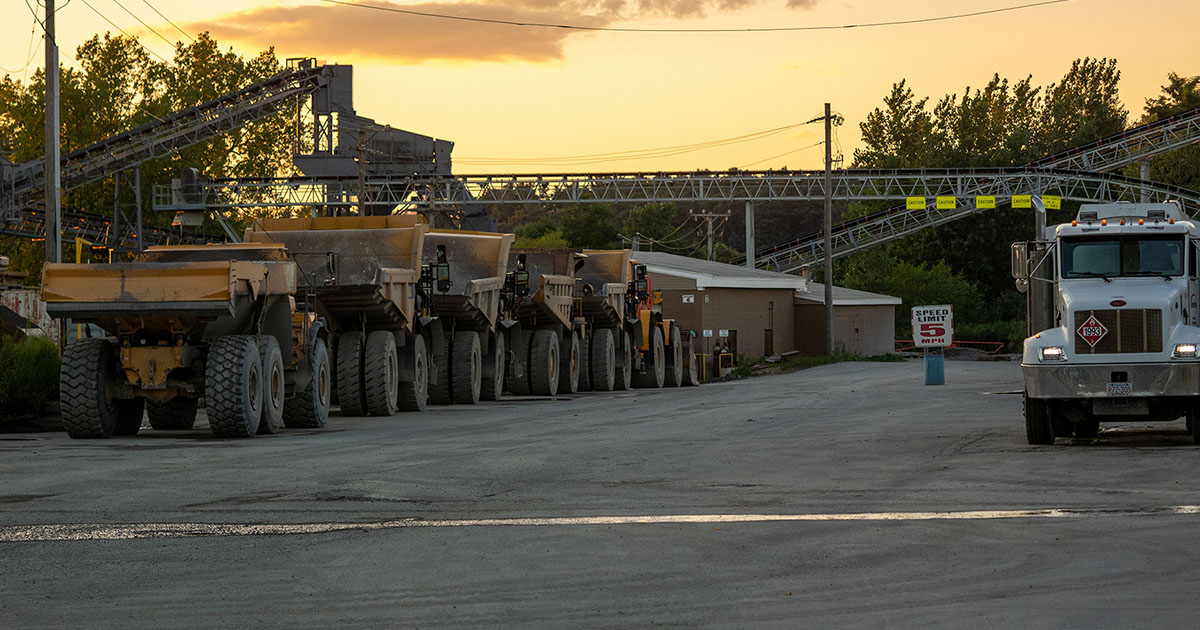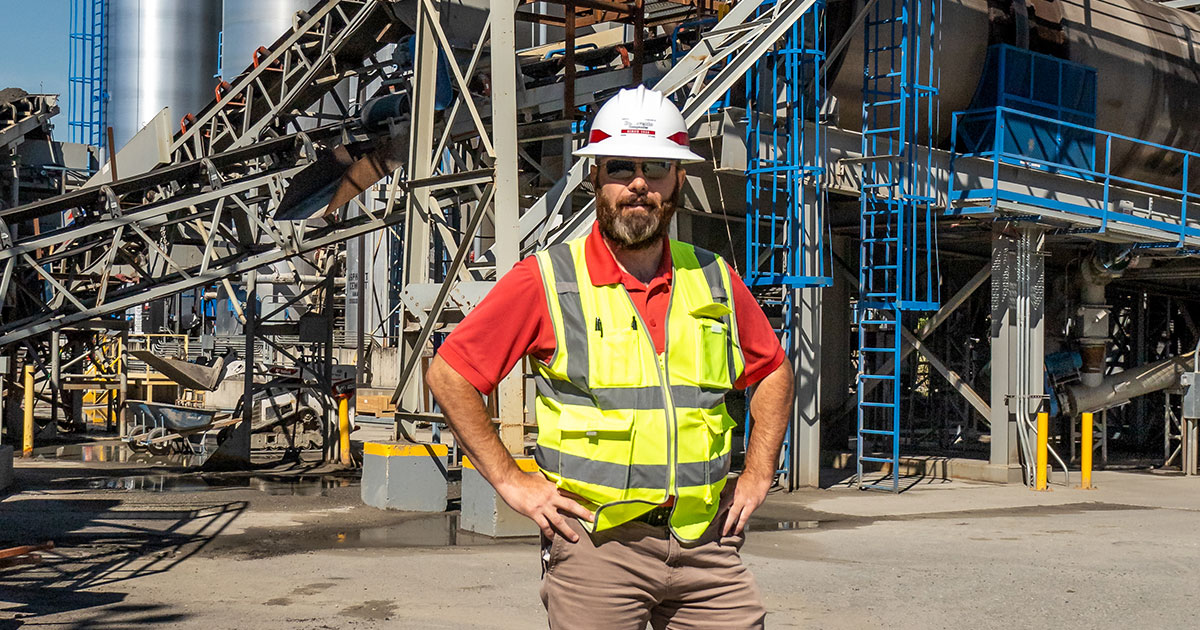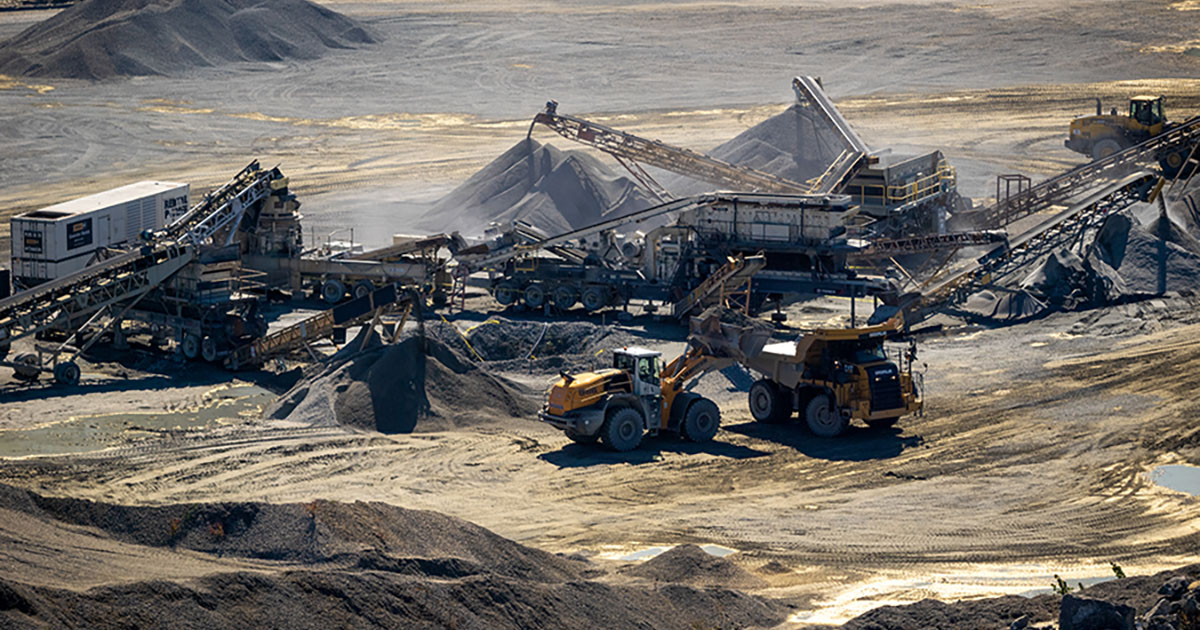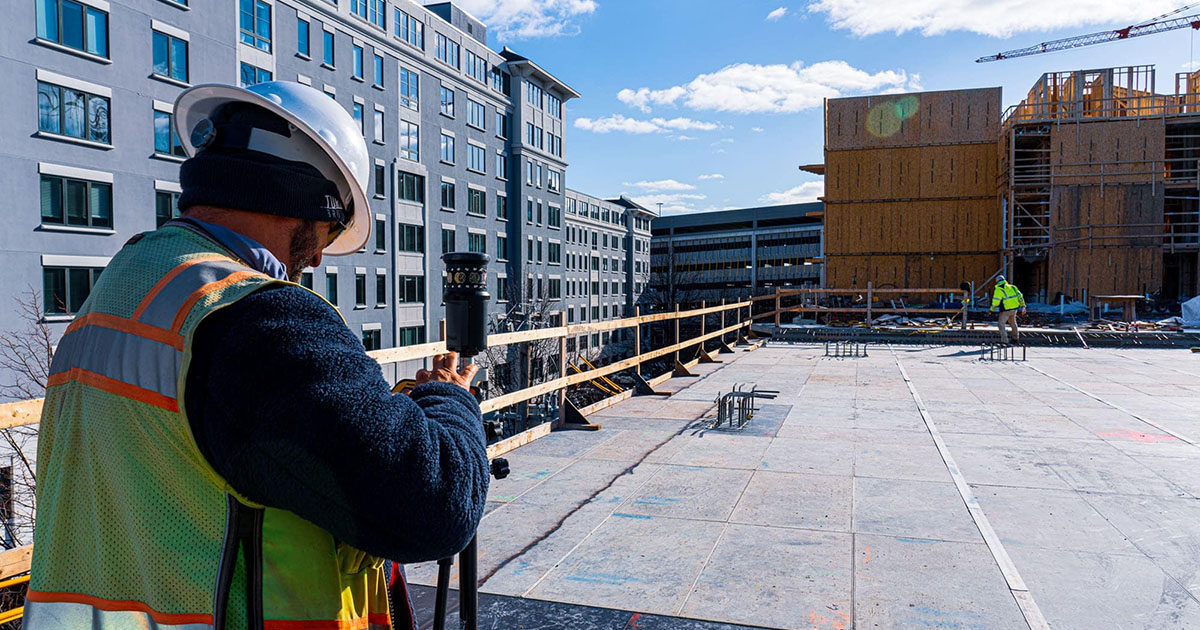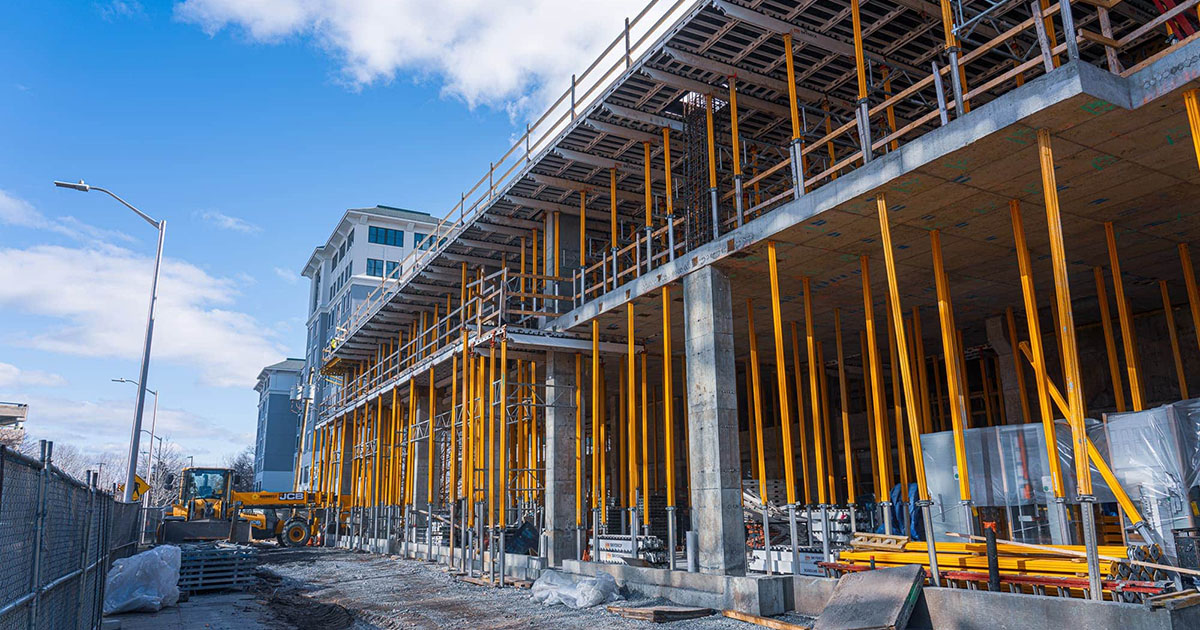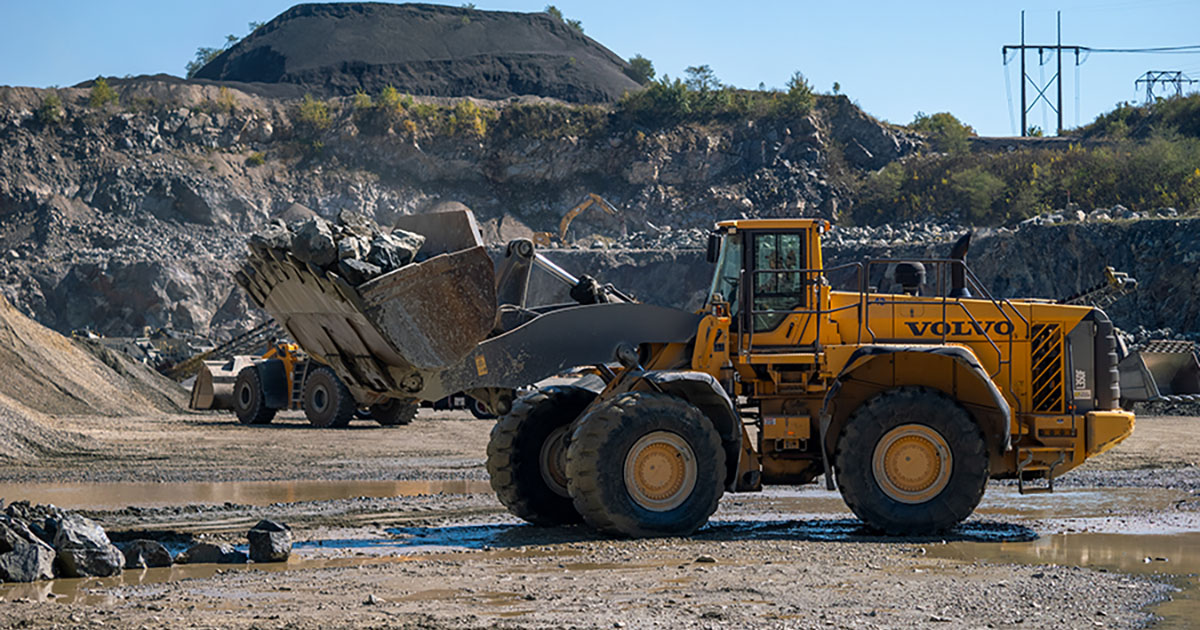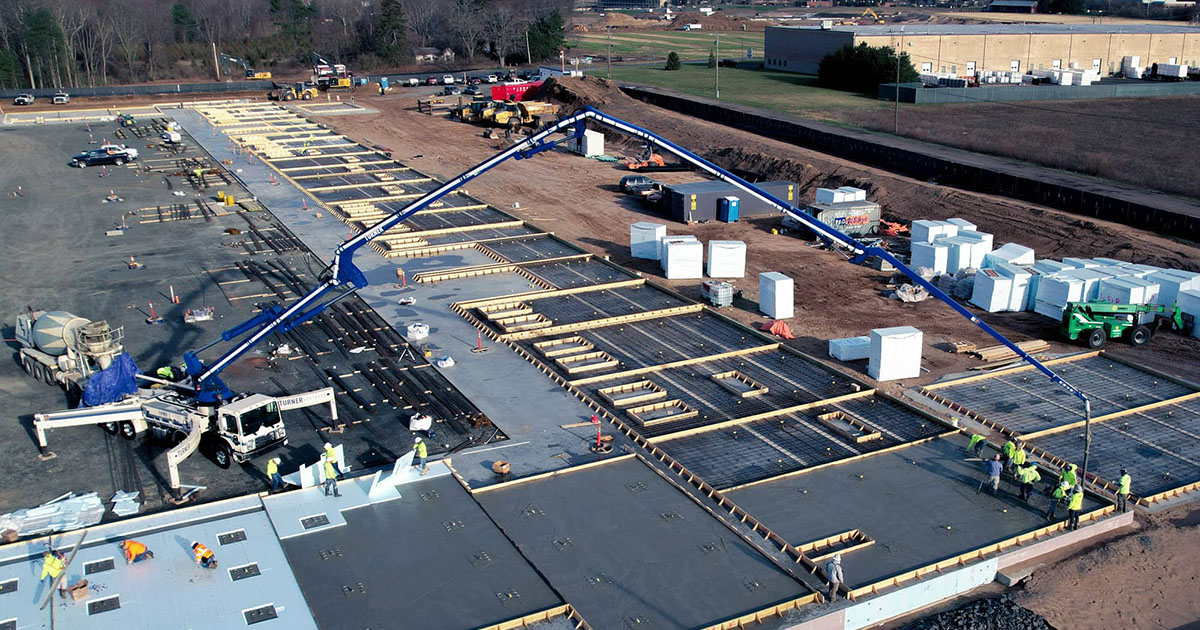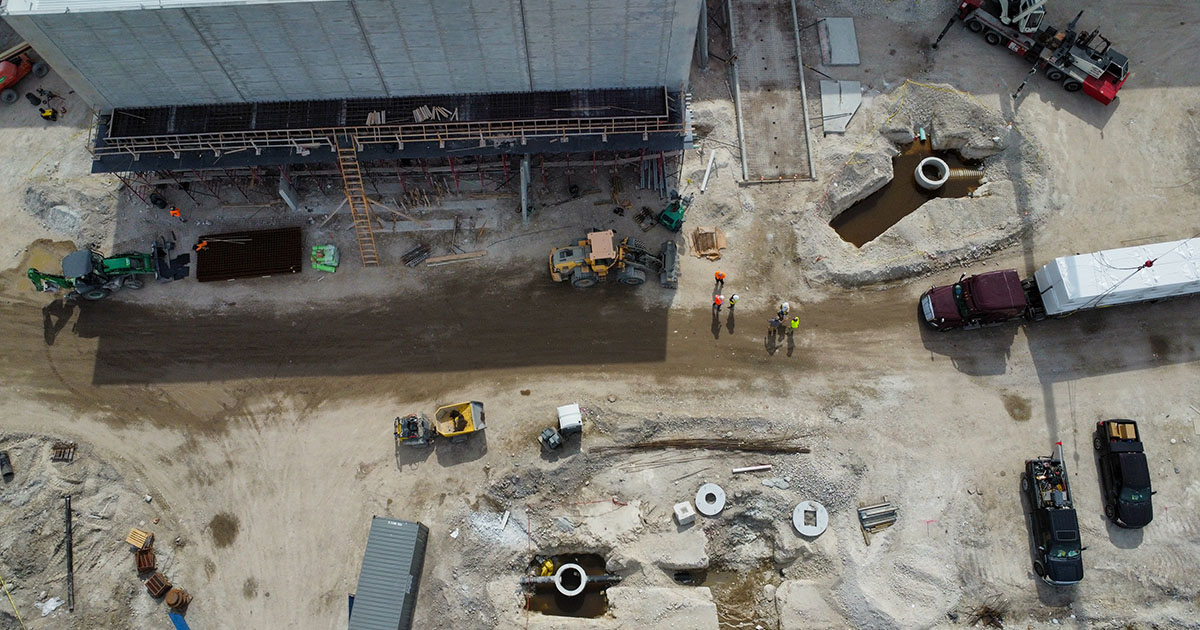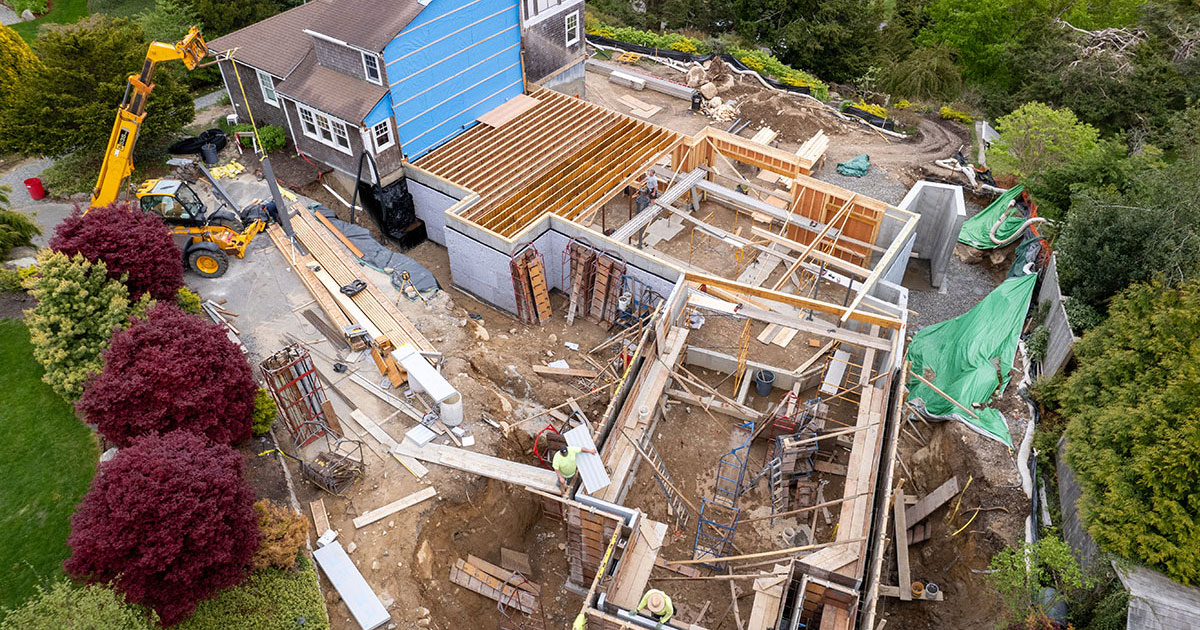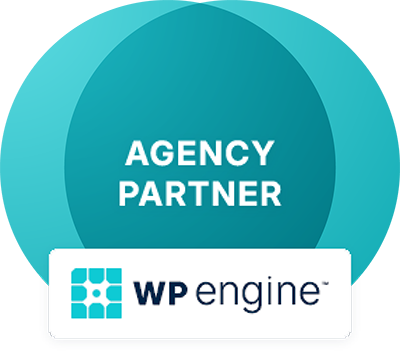
Choosing the Right Construction Website Designer
In the competitive construction industry, having a professionally designed website is critical for showcasing your work, connecting with clients, and standing out from the competition. A well-built site can serve as your digital storefront, demonstrating your expertise and making a lasting impression on potential clients. But to create an effective online presence, you need the right construction website designer—someone who understands the unique needs of your business and can translate that into an engaging, functional website.
This article explores what to look for in a construction website designer, key features of an effective website, and strategies for optimizing your site to drive traffic and generate leads.
1. Why a Construction-Specific Website Designer Matters
A website designer who specializes in the construction industry has a unique understanding of your target market and the challenges you face. Unlike general web designers, they can tailor your site to highlight your expertise, showcase your work, and speak directly to potential clients.
Key Benefits of Working with a Construction Website Designer:
- Industry Expertise: Designers with experience in construction know how to present complex projects, use industry-specific language, and highlight your skills effectively.
- SEO Knowledge: Construction website designers are familiar with the best SEO practices for the industry, helping your site rank well for terms like “commercial contractor,” “home builder,” or “renovations near me.”
- Project Showcase Skills: Your website is more than just an online brochure—it’s a portfolio that should reflect the quality of your work. Specialized designers know how to present images, case studies, and project details in a compelling way.
Partnering with a designer who understands your business helps ensure that your website resonates with your target audience and meets your business goals.
2. Essential Features for a Construction Website
A successful construction website goes beyond aesthetics; it should be functional, user-friendly, and optimized for conversions. When choosing a website designer, ensure they can deliver these essential features.
Features to Include:
- Service Pages: Your core services should each have a dedicated page with detailed descriptions, benefits, and high-quality visuals.
- Project Portfolio: Showcase your past projects with a portfolio that includes images, descriptions, and testimonials. This demonstrates your capabilities and builds trust.
- Responsive Design: Ensure your website works seamlessly on all devices, from desktops to mobile phones. Mobile optimization is crucial for reaching clients who browse on the go.
- Contact and Quote Request Forms: Make it easy for potential clients to get in touch with simple, accessible forms.
- Fast Load Times: A slow website can deter visitors. Optimized images and efficient coding ensure fast load times.
A construction website designer should be able to create a site that’s not only visually appealing but also fully functional and focused on driving client engagement.
3. Evaluating a Construction Website Designer’s Portfolio
Before hiring a website designer, take a close look at their portfolio. This will give you an idea of their design style, the industries they’ve worked with, and their ability to create high-impact sites.
What to Look for in a Portfolio:
- Diverse Projects: Have they worked with a range of construction companies, such as general contractors, specialty builders, or commercial developers?
- Visual Appeal: Are their designs clean, modern, and visually engaging? Your website should reflect the professionalism and quality of your business.
- Functionality: Visit some of their previous websites to see how they function. Is the navigation intuitive? Do the pages load quickly?
- Content Presentation: Check how they present service descriptions, project details, and client testimonials. Content should be easy to read and visually appealing.
A strong portfolio demonstrates the designer’s ability to deliver a website that aligns with your business goals and client expectations.
4. The Importance of SEO for Construction Websites
An attractive website is only useful if potential clients can find it. Search engine optimization (SEO) ensures that your website ranks well in search results, increasing your visibility to clients who are actively searching for construction services.
SEO Services Your Designer Should Offer:
- Keyword Research: Identify industry-specific keywords (e.g., “residential remodeling,” “custom homes in [City],” or “construction services near me”) and integrate them into your site’s content.
- On-Page Optimization: This includes optimizing meta titles, descriptions, headings, and content to align with relevant search terms.
- Local SEO: Target local search queries by incorporating location-based keywords and ensuring your Google My Business profile is optimized.
- Content Creation: Blog posts, case studies, and service descriptions can help boost your site’s relevance and authority.
A designer with SEO expertise can help your website attract and convert more leads, giving you a competitive edge.
5. Communication and Collaboration with Your Website Designer
Effective communication is key to a successful project. Your construction website designer should take the time to understand your goals, preferences, and target audience, offering regular updates and incorporating your feedback throughout the design process.
Tips for Effective Collaboration:
- Initial Consultation: Expect a thorough discussion about your brand, goals, target market, and desired website features.
- Regular Check-Ins: Your designer should provide updates and seek feedback at key stages of the design process.
- Transparent Timelines: Ensure your designer provides a realistic timeline for project completion, with milestones and deliverables.
A collaborative approach ensures that your final website aligns with your vision and effectively represents your brand.
6. Custom Design vs. Templates: What’s Right for You?
Some construction companies may opt for a fully custom website, while others may choose a template-based design to save time and costs. It’s important to weigh the pros and cons of each option before making a decision.
Custom Websites:
- Pros: Unique design tailored specifically to your brand, with custom features and functionalities.
- Cons: Generally more expensive and time-consuming to create.
Template-Based Designs:
- Pros: Lower cost, faster build times, and some level of customization.
- Cons: Limited flexibility compared to custom designs; may not stand out as much.
Your website designer should help you choose the option that best suits your budget and business needs.
7. Building a Mobile-Friendly and Fast Website
In today’s digital world, mobile-friendliness and speed are non-negotiable. Many potential clients will view your website on their mobile devices, so it’s essential that your site delivers a seamless experience across all platforms.
Key Mobile and Speed Optimization Features:
- Responsive Design: Content should automatically adjust to fit any screen size, ensuring usability on desktops, tablets, and smartphones.
- Image Optimization: Compress images without compromising quality to improve load times.
- Minimal Use of Heavy Scripts: Avoid excessive scripts or large files that can slow down your site.
A professional construction website designer will prioritize these elements to provide the best possible user experience.
8. Showcasing Client Testimonials and Social Proof
Client testimonials, case studies, and reviews are essential for building trust and credibility. Your website designer should include a dedicated section for client feedback that highlights your expertise and reliability.
How to Present Social Proof:
- Testimonials: Feature quotes from satisfied clients, highlighting specific aspects of your service.
- Case Studies: Share detailed project success stories that illustrate your capabilities and problem-solving skills.
- Video Testimonials: If possible, use video testimonials for a more personal and impactful message.
By showcasing social proof, you make it easier for potential clients to trust your company and take the next step.
9. Integrating Contact Forms and Lead Capture Tools
A well-designed website should make it simple for clients to get in touch. Your construction website designer should integrate easy-to-use contact forms and other lead capture tools.
Tips for Effective Contact Forms:
- Keep It Simple: Only ask for essential information, such as name, phone number, and project details.
- Prominent Placement: Place contact forms in visible locations, such as the homepage, service pages, and footer.
- CTAs (Calls-to-Action): Use CTAs like “Get a Free Quote” or “Request a Consultation” to encourage visitors to reach out.
Effective lead capture tools ensure you don’t miss opportunities to connect with potential clients.
10. Post-Launch Support and Maintenance
A successful website requires ongoing maintenance and support to keep it performing at its best. Ask your designer if they offer post-launch services, such as:
- Regular Updates: Keeping your plugins, themes, and content management system up-to-date.
- Security Monitoring: Protecting your site from cyber threats with regular security checks.
- Performance Tracking: Analyzing website metrics to identify areas for improvement.
Post-launch support ensures that your website continues to deliver value and attract new clients.
11. Tailoring Your Website to Your Brand Identity
A successful construction website should reflect your brand’s unique identity, showcasing your values, expertise, and professional image. Your website designer should work closely with you to ensure the final product aligns with your brand and resonates with potential clients.
Ways to Highlight Your Brand Identity:
- Consistent Branding Elements: Incorporate your logo, brand colors, typography, and tone of voice throughout the site for a cohesive brand experience.
- Branded Content: Tailor service descriptions, project details, and client interactions to reflect your brand’s values, whether it’s a commitment to sustainability, innovation, or client satisfaction.
- High-Quality Imagery: Use photos of your team, job sites, and completed projects to personalize your brand and connect with potential clients.
By creating a site that embodies your brand, you enhance recognition and trust, setting yourself apart in the construction industry.
12. Building Trust with Certifications and Affiliations
Trust is a major factor in the construction industry. If your company holds industry certifications, awards, or memberships in professional associations, it’s important to showcase these on your website.
Key Trust Signals to Include:
- Certifications and Licenses: Display logos or icons for relevant certifications (e.g., LEED certification, OSHA compliance) to show your expertise and commitment to safety.
- Industry Awards: Highlight any awards your company has won to demonstrate your credibility and success.
- Affiliations and Memberships: List professional organizations or industry groups you belong to, reinforcing your standing as a reputable business.
These trust signals reassure potential clients that they’re working with a credible and experienced contractor.
13. Leveraging Analytics to Measure Website Performance
Once your website is live, tracking its performance is crucial for understanding what works and where improvements are needed. Your website designer should set up and integrate analytics tools like Google Analytics to help you measure success.
Metrics to Track:
- Traffic Sources: Learn where your visitors are coming from—organic search, social media, referrals, etc.
- Bounce Rate: High bounce rates may indicate issues with user experience, page load times, or relevance.
- Conversion Rate: Track how many visitors complete desired actions, such as filling out a contact form or requesting a quote.
- Page Performance: Identify which pages attract the most engagement and which ones need optimization.
By regularly analyzing these metrics, you can refine your website, improve user experience, and maximize lead generation.
14. Offering Scalable Solutions for Future Growth
As your construction business grows, your website should grow with it. Look for a website designer who can create a scalable website that can accommodate future updates, features, and content expansions.
Scalability Features to Consider:
- Modular Design: A site built with modular design elements makes it easier to add new sections or features.
- Customizable Content Management System (CMS): Opt for a user-friendly CMS like WordPress that allows you to easily update content, add blog posts, or manage pages.
- Room for Expansion: Ensure your website architecture can support new services, projects, or even integrations like CRM tools.
Scalable solutions ensure your website remains relevant and effective as your business evolves.
15. Integrating Modern Web Technologies
Your construction website should take advantage of modern web technologies to enhance user experience and stay ahead of the competition.
Key Technologies to Consider:
- Chatbots and Live Chat: Offering real-time communication tools can improve customer engagement and generate leads faster.
- Interactive Elements: Consider adding interactive features like virtual tours, project cost calculators, or click-to-call buttons to engage users.
- Progressive Web Apps (PWAs): PWAs provide a seamless user experience on mobile devices, improving loading speed and offline capabilities.
Incorporating modern technologies can differentiate your business and make your website a valuable tool for lead generation.
16. Ensuring ADA Compliance and Accessibility
Creating an accessible website that adheres to ADA (Americans with Disabilities Act) guidelines makes your site usable for everyone, including individuals with disabilities. It’s also beneficial for SEO and helps reduce legal risks.
Accessibility Features to Implement:
- Alt Text for Images: Ensure images have descriptive alt text for screen readers.
- Keyboard Navigation: Make your website fully navigable with a keyboard for those who can’t use a mouse.
- Clear, Readable Text: Use a readable font size and maintain sufficient contrast between text and background for visual accessibility.
Prioritizing accessibility demonstrates your commitment to inclusivity and enhances the usability of your site for all visitors.
17. Providing Training and Ongoing Support
Once your website is live, you may need assistance with updates, content management, or troubleshooting. A professional construction website designer should offer training and ongoing support to keep your site running smoothly.
Ongoing Support Services:
- CMS Training: Provide training sessions for your team to learn how to update and manage the website.
- Regular Maintenance: Offer regular updates, security checks, and performance optimizations.
- Troubleshooting: Ensure you have access to technical support in case any issues arise.
Ongoing support ensures your website remains a valuable asset, helping you maintain a strong online presence over time.
Finding the Right Construction Website Designer
Choosing the right construction website designer is crucial for building a website that enhances your online presence, attracts clients, and sets you apart from the competition. By focusing on industry expertise, SEO, user experience, and mobile-friendliness, you can create a website that effectively represents your brand and drives business growth.
Investing in a high-quality website isn’t just a smart business decision—it’s a way to showcase your skills and connect with the clients you want to serve.

